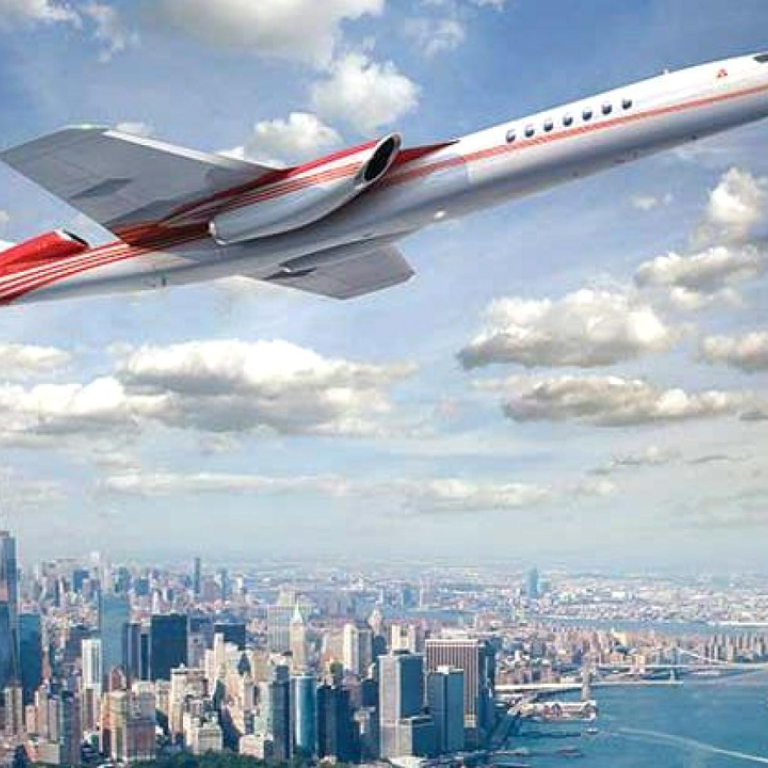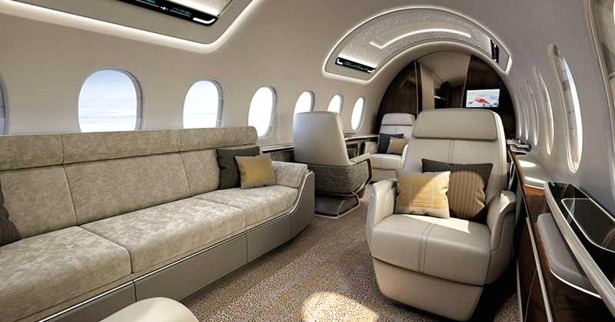
Lockheed Martin wants to develop a supersonic business jet
Lockheed and Reno-based aircraft manufacturer Aerion have signed an M.O.U.
By Leslie Josephs
Lockheed Martin , the manufacturer of supersonic fighter jets such as the F-16, wants civilians to fly faster than the speed of sound, too.
The company reached a memorandum of understanding with supersonic Aerion Corp. to explore how to engineer and manufacture a business jet that travels faster than the speed of sound, the companies said jointly Friday.
The agreement gives Aerion another heavyweight partner. It previously had worked with aeroplane manufacturer Airbus on designs of its business jet, the AS2, and GE Aviation earlier this year announced it would work on an engine for the plane.
Lockheed has been working with NASA to develop a quieter supersonic jet. The rattling sonic booms the supersonic planes produce is a challenge for start-ups that want to revive supersonic passenger travel. A 1973 U.S. law prohibits supersonic overland flights.

“When it comes to supersonic know-how, Lockheed Martin’s capabilities are well known, and, in fact, legendary,” said Robert Bass, Aerion’s billionaire backer and its chairman. “We share with Lockheed Martin a commitment to the long-term development of efficient civil supersonic aircraft.”
The first flight is planned for 2023. Business jet operator Flexjet ordered 20 AS2 planes in 2015.
The Aerion AS2 is a 12-passenger plane that can fly at a maximum speed over water of Mach 1.4. It could transport passengers from New York to London in around four hours, shaving about three hours off the trip.
Commercial supersonic flights ended in 2003 when the Concorde was laid to rest following a fatal crash and sagging demand.
Aerion isn’t alone in the quest to relaunch supersonic passenger travel. Earlier this month, Japan Airlines committed US$10 million to Denver-based Boom Supersonic and said it had options to buy 20 of the start-up’s planes. Virgin Group’s founder, Richard Branson, announced last year that his company had options on the first 10 of Boom’s planes.
Boom’s founder, Blake Scholl, says the company is developing aircraft that could travel at Mach 2.2, more than 1,450 miles an hour, a speed that could cut the trip from San Francisco to Tokyo to a bearable five and a half hours.

